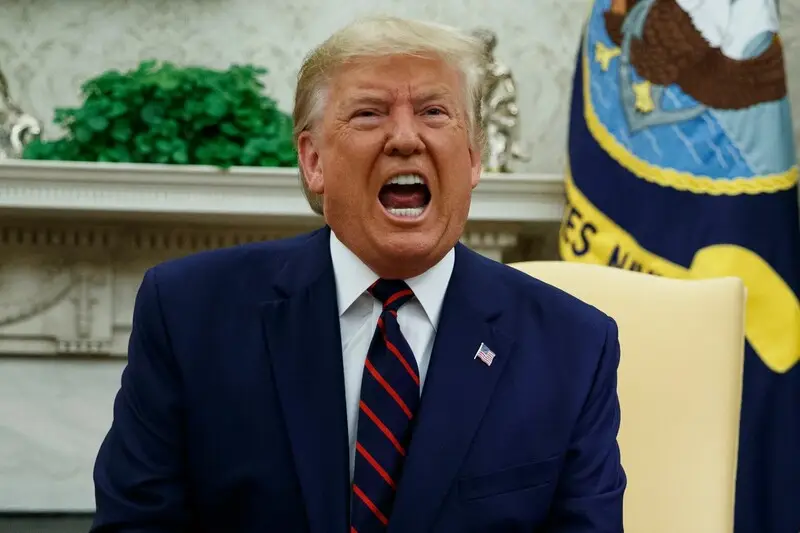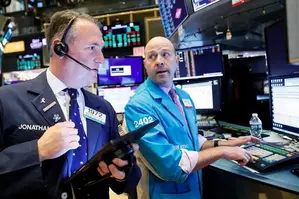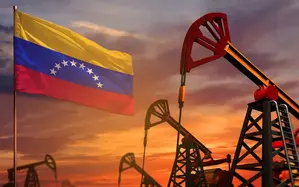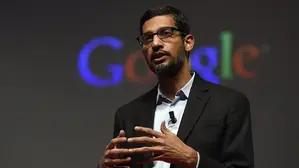Over teh last two years, the BRICS economic alliance has sought to lessen its reliance on the US dollar. Although the previous Biden administration had been content with this going unchecked, that changed drastically with a new President. Yet, his challenge has drawn some criticism. Specifically, amid BRICS opposition, economists have warned that Donald Trump’s 100% tariff threats could be the most effective de-dollarization plan.
Prior to his inauguration this week, Trump noted he was looking to retaliate against efforts to lessen the international prominence of the US dollar. “If BRICS nations want to do that, that’s okay,” he said. “But we’re going to put at least a 100% tariff on the business they do in the United States.” Yet, experts have warned that could come with dire ramifications.
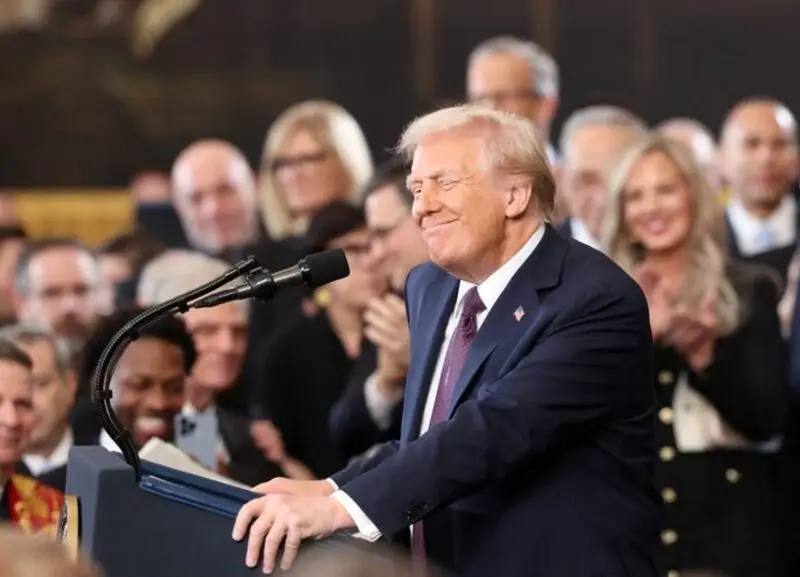
Also Read: BRICS: China Breaks Silence on US Tensions, Trump Tariff Threat
Trump Could Be Greatest Force for De-Dollarization, Economists Warn
Over the last three years, the BRICS alliance has firmly embraced de-dollarization efforts. For the alliance, those efforts are certainly not without merit or justification. Experts have called the greenback “grossly overvalued” in recent months. Moreover, ongoing sanctions have led the group to respond to the weaponization of the world’s most powerful currency.
The United States has recently had something to say about those efforts, however. Indeed, Donald Trump, who was inaugurated Monday, had vocalized impending tariffs to counter those actions. However, they could come with some unintended side effects. Specifically, as he targets BRICS efforts, economists have warned that Trump’s threats could prove to be the greatest de-dollarization plan.
Speaking at the World Economic Forum in Davos, Switzerland, on Tuesday, Harvard University economist Kenneth Rogoff discussed Trump’s plan in a recent report. Indeed, he noted that it reinforces a lot of the action that the global south has taken.
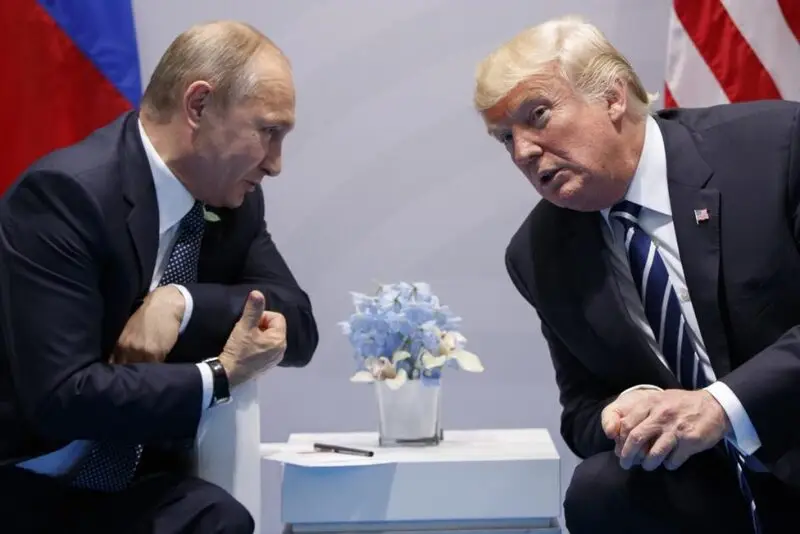
Also Read: BRICS: US Tariffs May Do More Harm Than Good, Data Shows
“You want to persuade people to use your currency because it fulfills some of the things—providing stability and means of payment,” Rogoff said. “And if you’re being threatened, I think that only reinforces the incentive to try and diversify.
Those sentiments were echoed by Chicago University professor of finance, Raghuram Rajan. “I think President Trump is reacting too early to something that’s not going to happen,” he said.
With the US dollar firmly established as a global reserve currency, its position doesn’t seem to be threatened. However, Trump’s continued weaponization could influence nations to begin the process of diversification. Ultimately, creating a self-fulfillment prophecy for the returning commander-in-chief.
